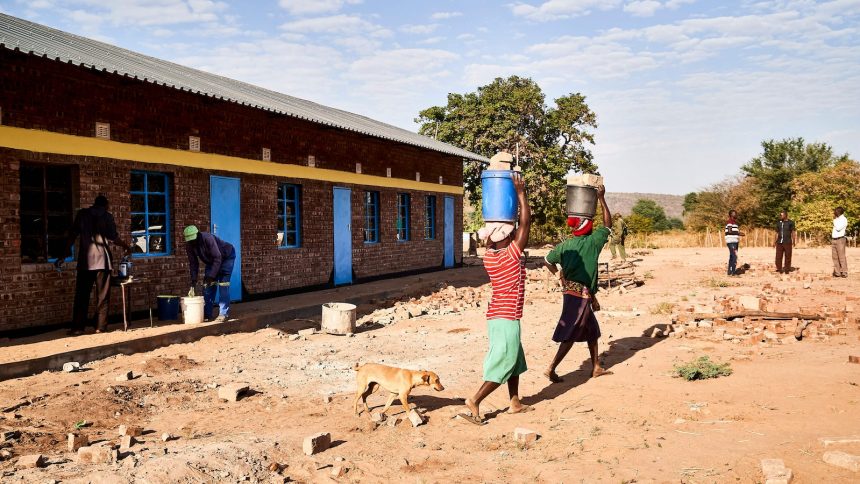Proponents of the voluntary carbon market argue that it serves as a vital tool not just for promoting sustainability objectives but also for directing crucial financial resources to some of the world’s most impoverished nations. This concept involves companies seeking to offset their carbon footprint by funding projects that either capture or prevent greenhouse gas emissions. These initiatives can range from tree-planting to forest protection efforts. The projects generate tradeable credits representing a metric ton of emissions each, with the added benefit of creating job opportunities for local populations. Additionally, project developers often commit to allocating a portion of their earnings towards public infrastructure such as schools.
In Africa, the voluntary carbon market is viewed as a significant tool for combating climate change and uplifting communities. However, recent reports by Carbon Market Watch have shed light on the lack of transparency and accountability within the sector. One key issue highlighted is the discrepancy between the location of carbon credit projects and the ownership and development of these projects. While a majority of projects are based in poorer countries, a significant portion of the companies overseeing them hail from wealthier nations like North America and Europe. This has raised concerns about whether these communities are truly benefiting from the investments.
The lack of published research and clear benefit-sharing agreements has further fueled skepticism about the effectiveness of the voluntary carbon market in delivering economic benefits to local communities. It is essential to address these issues to ensure that the intended goals of the market are met. Calls for improved transparency and accountability, as well as stronger disclosure requirements, have been made by organizations like Carbon Market Watch to enhance the efficacy and impact of the voluntary carbon market in addressing global sustainability challenges.






